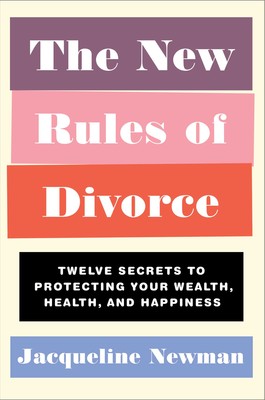Don’t Vent on Facebook or Twitter during Divorce
During a divorce, no good can come from bad-mouthing your spouse on Twitter or Facebook.
Lawyers.com journalist Ed Alpern reports on how the tools of discovery in matrimonial cases have evolved. In the past, divorce attorneys gathered information using subpoenas for witnesses and documents. But now attorneys do a lot of investigation online.
Divorce attorney Jacqueline Newman, a partner at Berkman, Bottger, Newman & Schein in New York City, advises clients not to post anything on Facebook that they would not want the other side to read or see. She provides a true life example of how posting on social media cost one person his promotion, but then also resulted in his wife’s losing increased support payments.
Facebook and divorce
Facebook can legally be compelled by subpoena to provide basic account information. However, federal law prohibits the social media giant from disclosing user content (messages, timeline postings, photos) in response to a civil subpoena. Depending on privacy settings, content may be visible only to friends or to the public. With no fault divorces available in all 50 states and D.C., the value of online evidence of infidelity is minimal.
But social media can help establish or harm credibility in financial matters and judges also pay attention to what people say online in child custody cases.
Watch Ed’s full video report to learn more about how in today’s age of social media, during divorces, loose fingers can be worse than loose lips.
Buy Jacqueline's Book
The New Rules of Divorce is the definitive guide to navigating divorce in today’s world.
